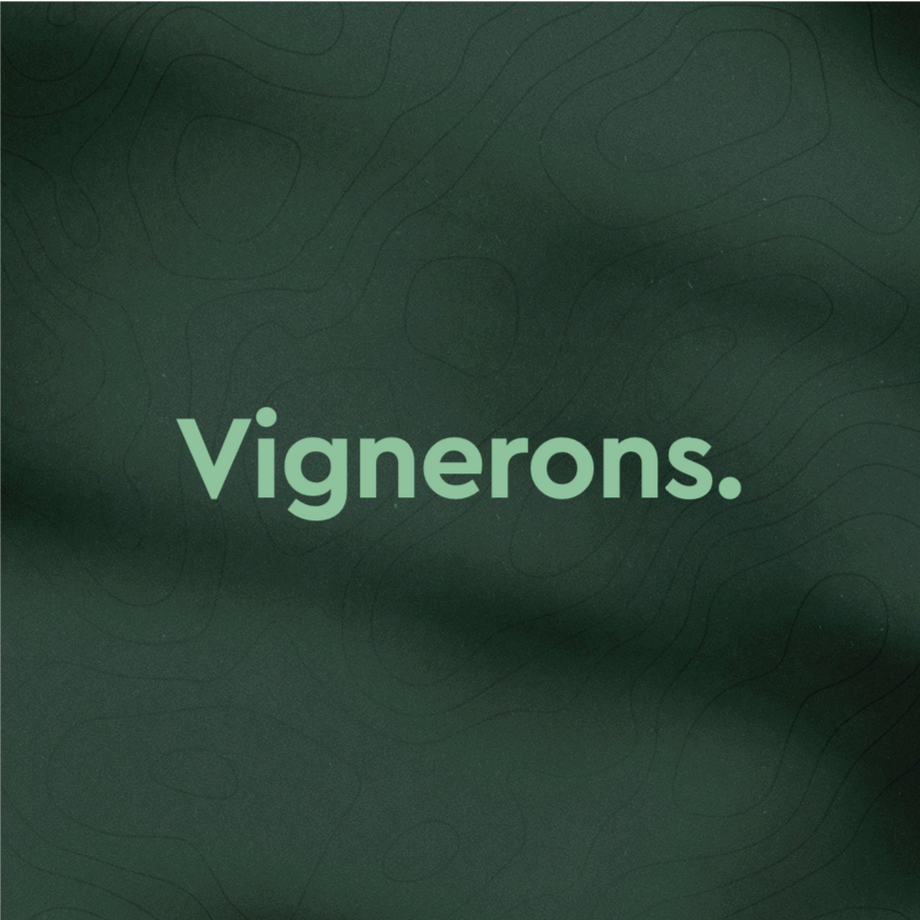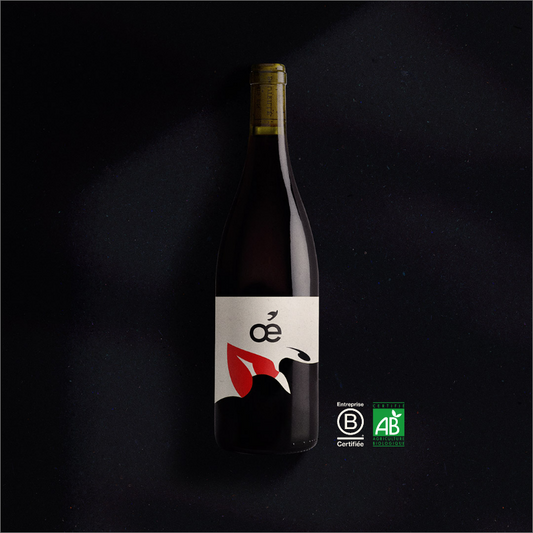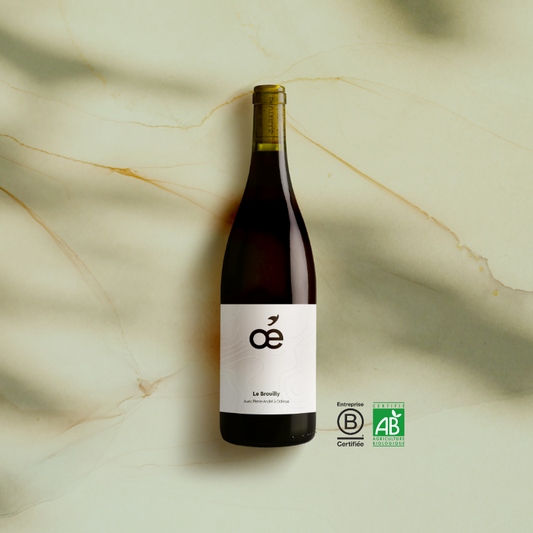How did you come to the vineyard?
I come from a family of winegrowers based in Saint-Laurent des Arbres on the other side of the Rhône. I took over the reins of the estate in 2002 after leaving my former position in a Bank in the City of London. Yes, a real homecoming! It's been 19 years since I reconnected with my Mediterranean roots by continuing the work of my father Jean and my brother Frédéric.
And organic farming in all this?
The family estate has been organic since its creation in 1967. My father was a traditionalist, he worked with the plow and never used chemical inputs. My brother, who first took over the estate, obtained AB* certification, then I in turn obtained biodynamic certification on part of the estate. What pushed me to choose biodynamics was mainly the desire to better understand the terroir and to make better wines. I naturally approached winegrowers who practiced it and the philosophy they exuded challenged me. Pushing the envelope a little further, biodynamics gave me the answers I wanted. The wines seemed to me more interesting, more vibrant and more mineral.
*AB: Organic Farming
What are your challenges?
In a climatic environment that is changing a lot, we have been confronted with increasingly extreme weather conditions. In 2017, we had to manage a severe drought and in 2018 we had twice as much rain as normal. We went from one extreme to the other in 2 years. And as in biodynamics we are not on the curative but on the preventive, it is more complicated to manage climate variability and to make consumers understand that this method has a cost. It requires a lot of manual work, it is less mechanized and industrialized than our colleagues in conventional. Costs are also impacted by lower yields due to crop losses. The positive point is the growing demand from consumers looking for healthier products and in particular wines that reflect their terroir with more emotion.
Do you have a “happiness” to tell us?
In 2007, I teamed up with Philippe Faure-Brac, the best sommelier in the world in 1992. It is a real privilege for the whole estate to team up with one of the greatest lovers of terroirs and wine connoisseur. There are 7 of us at the estate, we work seriously but we don't take ourselves seriously. Wine is festive! (laughs)
What fascinates you on a daily basis?
The exercise of the profession of winegrower is a source of wonder as a whole - even if it is not easy. We manage to create a bond and emotion between people from a product that comes out of the ground. In France, wine has been made for 25 centuries. It is an immense tradition that is rewarding and exhilarating at the same time. To be a winemaker is to take part in a great story that is not ready to stop, it is to have the mission of transmitting a cultural heritage and lands in better condition than those left by our ancestors. And that is a great motivation!
What intrigues you about the vines?
The fauna and flora are amazing. The predators present in our vines are valuable auxiliaries that naturally regulate insect populations. We have cicadas, lizards, caterpillars, bee-eaters, European spiders [note: pretty little hairy and transparent spiders] and praying mantises. The vine needs to develop in contact with other plants which bring it solar forces and strengthen its immunity against attacks.
Any readings to recommend?
- “How to taste a wine” by my dear associate Philippe Faure-Brac,
- “Bio-dynamic agriculture, how to apply it in the vineyard” by François Bouchet,
- and “Le sol, la terre et les champs” by Claude and Lydia Bourguignon.





